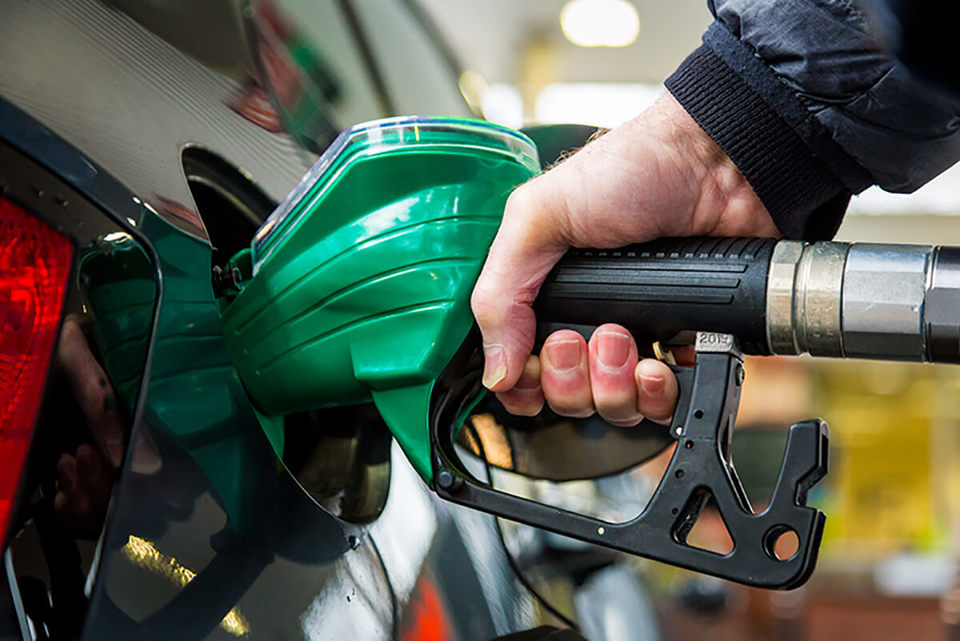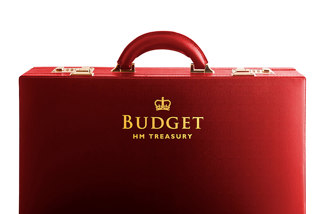The Chancellor is thought to be considering a 1p per litre (ppl) hike in diesel duty, while cutting petrol duty by the same amount, in tomorrow’s budget.
The Petrol Retailers Association (PRA) says it has been informed by a well-placed parliamentary source, that the Chancellor, Philip Hammond, is likely to announce the increase to fuel duty for all diesel drivers.
“This would be a thinly disguised tax grab using air quality issues as justification,” said Brian Madderson, PRA chairman. “Along with other trade associations, we have repeatedly warned the Chancellor against such an economically regressive move because it will push up prices for consumer and businesses already suffering with inflation at a five-year high.
“To force this increase at a time when crude oil and worldwide wholesale costs are ramping up, is also at odds with the Government’s avowed aim of supporting the UK economy in the lead up to our formal exit from the EU in 2019.
“Does the Chancellor really want to hammer already hard-pressed consumers, damage the economy, and make us less competitive with our European neighbours?”
The PRA is urging the Chancellor to scrap his duty differential plans, and instead boost the economy by introducing a major cut in fuel duty in April 2018.
The heads of the UK’s leading health, transport and environment charities have instead called on Hammond to reform Vehicle Excise Duty (VED) in the budget, to reflect the stark dangers diesel poses to human health.
Healthy Air Campaign coordinator Andrea Lee said: “The Government has inherited a policy problem – but regardless of who put that policy in place, the resulting health crisis urgently needs to be resolved. It shouldn’t take 20 years to sort this out. Even the newest diesels will continue to exceed emissions limits on the roads beyond 2021.”
Money raised through the change to VED – estimated at around half a billion pounds per year – could go to a clean air fund, designed to combat pollution and develop newer, cleaner infrastructure, it says.
Measures to combat pollution should include a targeted diesel scrappage scheme, according to the campaign. This would help people who bought diesel vehicles in good faith transition to new vehicles.
Lee added: “Everyone who lives in our towns and cities is suffering because of pollution from diesel vehicles that emit more on the roads than the manufacturers promised.
“People need to be supported as they move towards cleaner modes of transport, and our urban areas need to be better set up for those who want to walk, cycle and use public transport.
“Now is the time for clear, coherent policy decisions that put people’s health first – not kowtowing to industry lobbyists.”
But, fuel and mileage cost management specialist TMC is warning of a 35% fuel bill cost increase if the budget penalises diesels.
It is urging the Chancellor to think very hard before raising diesel taxes. Paul Hollick, managing director of TMC, said: “Contrary to what the Chancellor may be being told, petrol vehicles are nowhere near closing the mpg gap to diesels in the real world.
“Clumsily trying to push fleets and drivers away from new diesels would hit businesses, crimp consumer spending and reverse the trend toward lower greenhouse gas emissions. It would do more harm than good.”
Sampling data from over 8,000 vehicles, TMC showed that diesels averaged 49.8 mpg in real-world use compared with 36 mpg for petrol cars and 41.6 mpg for petrol hybrids. The cost of fuel for the diesels in the sample averaged 11.2ppm but petrol averaged 15.2ppm – 35% higher.
For the average diesel driver, switching to a petrol car would add nearly £400 to their fuel bill over 10,000 miles (£1,122 for diesel vs. £1,515 for petrol).
Hollick questioned what would be achieved by penalising new diesels, which are fitted with technology that greatly reduces the nitrogen oxide (NOx) and particulate emissions that are partially blamed for air quality problems in some UK city centres.
“I would like to see the government produce convincing figures to show that today’s diesels contribute disproportionately to the problem,” he said. “Or how hurting fleets, the biggest market for clean diesels, would have any effect on the number of older, dirtier diesels on the roads."






















Login to comment
Comments
No comments have been made yet.